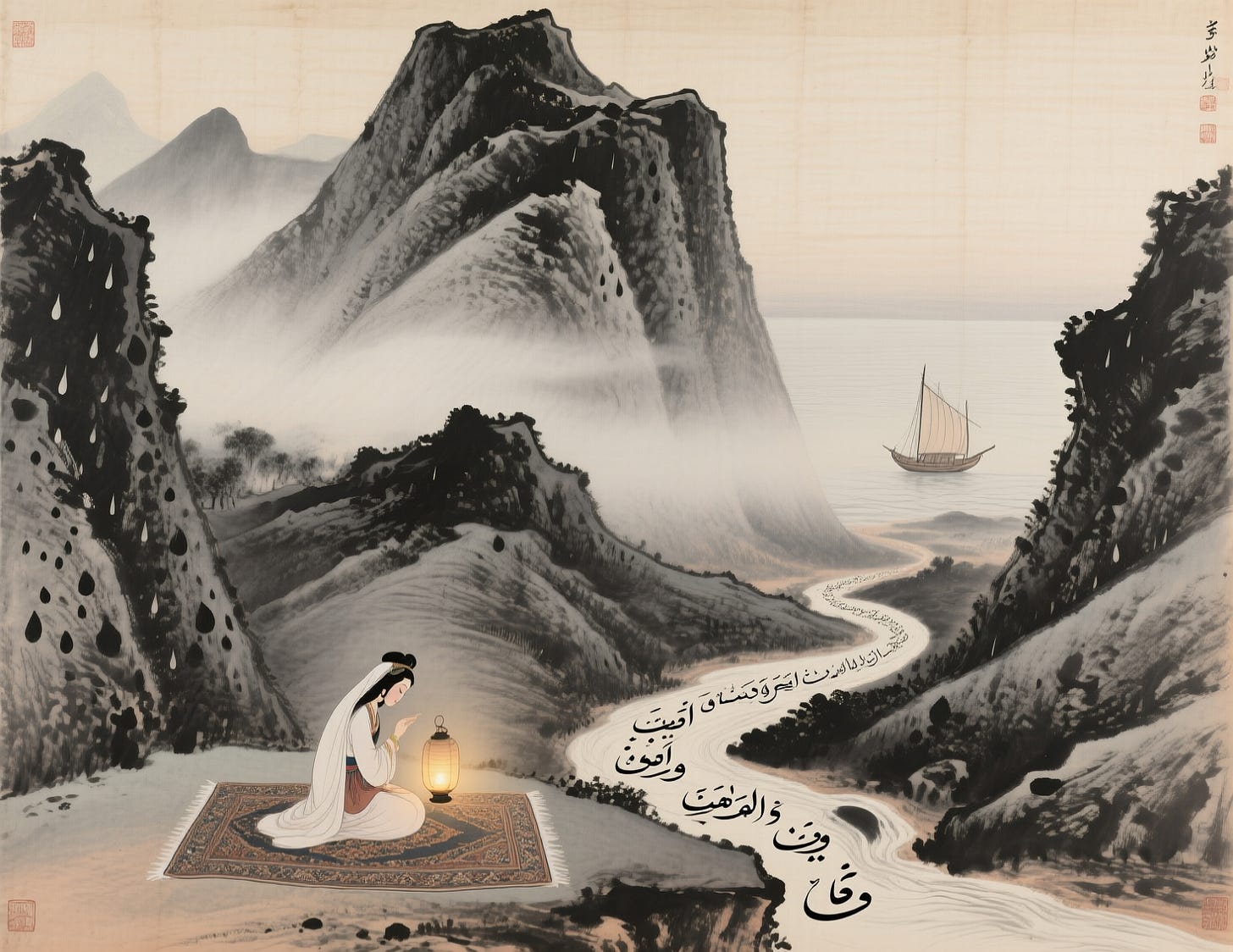Never meet your heroes, and never read the books that inspired the very best Disney cartoons. If you think Scar was a villain, best don’t Google what male lions do when they seize control of a new pride. From the very first page of The Arabian Nights: Tales of 1001 Nights, I realised that this was no kids' rodeo. The second volume plots a well-trodden path and suffers little in the process.
Once upon a time, a cuckolded king became Bluebeard (or Henry VIII) to a series of unfortunate, nameless brides. The sole survivor — so far — has been Shahrazad, who has had to barter her life in exchange for a story every night. We’re about 700 nights in at this point, and all the stories feature a similar rapid pace. Sinbad finally shows up — far less cool than his anime counterpart.
The stories themselves are rarely boring. But at this point, they’re becoming more predictable. Part of the reason is that this volume is more interested in Islamic catechism than adventure. The tales originated from oral Indian and Persian sources. The tension between the polytheist sensualism of its source material and the monotheist asceticism of its writers had always loomed large in the text. In this volume, the latter quality starts to prevail; parts of the text swerve needlessly towards chauvinism.
I shan’t claim that The Arabian Nights are an unmissable literary masterpiece. I believe that its true value is anthropological and didactic. The Indian Ocean was the central hub of global trade before the Columbian Exchange and post-Marshall Plan rise of the dollar trading regime. The Islamic polities also interacted across the tropics and temperate regions with Africans, Asians and Europeans. In their heartlands, they warred with competing monotheisms and against declining polytheist States in the shadows of whose achievements they, nonetheless, dwelt.
The stories of The Arabian Nights open an unvarnished window into the mindsets of the men of that era. In the process, it might lead us to question some of the things we take for granted due to our blindness to other perspectives.
The stories are good, and the translating prowess of the Lyons duo makes the prose sparkle. There are worse ways to spend your time.
The Arabian Nights: Tales of 1001 Nights, Volume 2 Translated by Malcolm C. Lyons and Ursula Lyons · Edited by Robert Irwin 878 pp. · Penguin Classics, 4 February 2010


